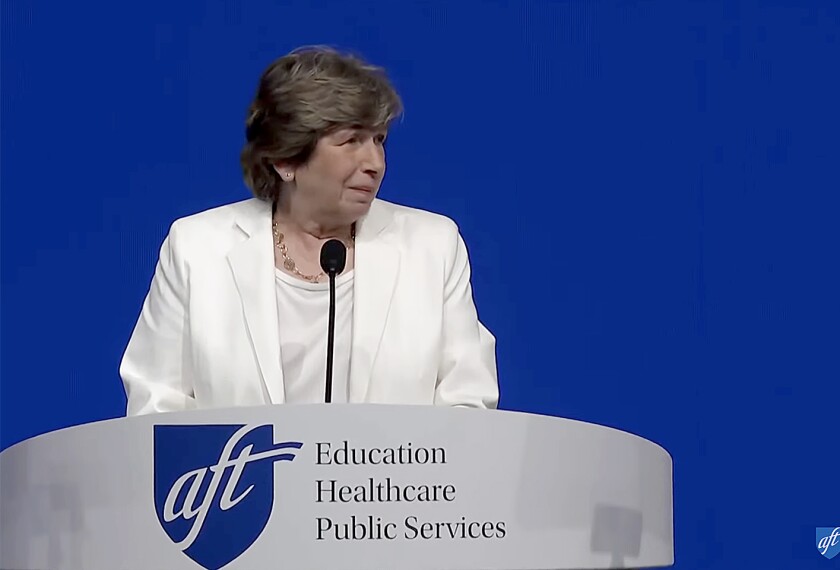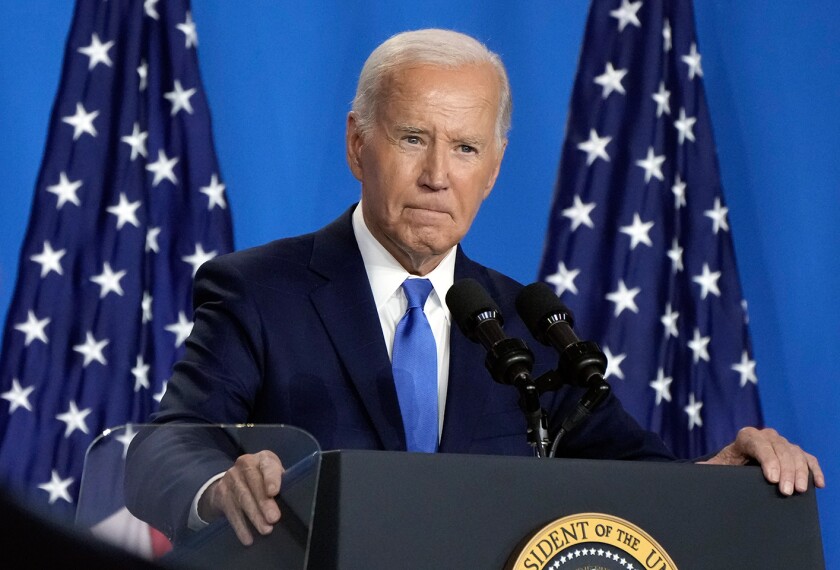Texas lawmakers have taken long strides toward a deal to help provide health insurance for school employees, though the final arrangement will almost certainly fall short of what teachers originally said they wanted.
Early last week, the House of Representatives unanimously approved a measure designed both to ease the woes of school districts trying to find affordable coverage for their employees and give additional insurance help to teachers.
Two days later, the Senate education committee passed a significantly different bill that has now gone to the full chamber.
Both the House and the Senate legislation would establish the state’s first health-insurance program for school system employees, thereby adding Texas to the long list of states that help with teacher medical costs.
Neither measure would provide coverage comparable to that received by employees of the state government under their plan, which includes help with dependents’ medical costs. Such features have been sought by the state’s four teacher groups, which made health insurance their top legislative priority this year.
Still, Rep. Ignacio Salinas called the House bill a good start, especially in today’s tighter fiscal climate. “What’s important here is we finally have a mechanism to provide health care for all education employees in the state, and money to the school districts to provide this very valuable benefit,” said Mr. Salinas, a Democrat who is also the president of the 60,000-member Texas State Teachers Association, an affiliate of the National Education Association.
Contrasting Measures
Under the House bill, the health- insurance program would cover smaller school districts starting in 2002 and then be made available to larger districts starting in 2005, with the state picking up a large share of the cost. In addition, all 590,000 school employees statewide would initially receive an additional $1,000 toward health-care costs— or to use in any manner the employee chooses. The price tag for the entire program would be $1.3 billion annually.
The Senate bill, in contrast, would offer a health-insurance plan to all districts by the 2002 starting date, but no money to individual employees. It would cost the state about $1 billion a year, and because of its funding mechanism would require voter approval for a change in the Texas Constitution.
Legislative leaders, including the heads of both education committees, also called a health-insurance plan an important step for Texas schools, which are facing worsening teacher shortages. District and teacher leaders complained that much of the $3,000 raise in teacher salaries granted by lawmakers in the last session has, in many districts, been eaten up by rising health-care costs.
Democratic Rep. Paul Sadler, the chairman of the House education committee, won a standing ovation from his colleagues for devising the plan, which was mulled by a special committee assembled by Speaker of the House James E. “Pete” Laney.
“We’ve been working on these issues for 20 years,” said Jeri Stone, the executive director of the Texas Classroom Teachers Association, an independent teacher group with 43,000 members. “The fact that they have a bill out that does something for everybody is, in and of itself, really good progress.”
Teachers’ groups generally favor the House plan over the one now in the Senate. That’s because, under the House version, whether or not state money ended up improving the coverage offered to school employees in a particular district, teachers would receive money directly that they could use to buy extra coverage, if they wished.
Either plan would likely ease the plight of the hundreds of small Texas districts that either have been unable to get health insurance for their employees or have had little choice of carriers.
The House and the Senate have until the session ends on May 28 to work out their differences.





